Publications
Articles, publications, books, tools and multimedia features from the U.S. Institute of Peace provide the latest news, analysis, research findings, practitioner guides and reports, all related to the conflict zones and issues that are at the center of the Institute’s work to prevent and reduce violent conflict.
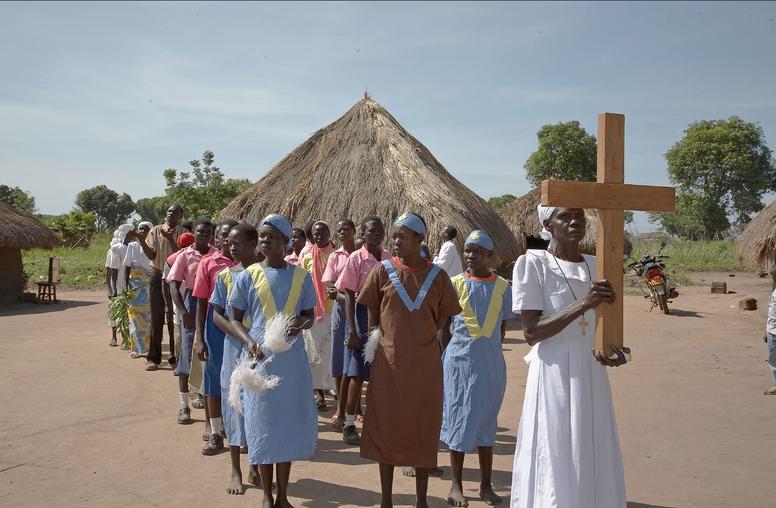
The Religious Landscape in South Sudan: Challenges and Opportunities for Engagement
Since the beginning of South Sudan's civil war in 2013, the country's religious actors have sought to play an active role in turning the tide from war and violence to peace and reconciliation. Drawing on interviews, focus groups, and consultations, this report maps the religious landscape of South Sudan and showcases the legitimate and influential religious actors and institutions, highlights challenges impeding their peace work, and provides recommendations for policymakers and practitioners to better engage with religious actors for peace.
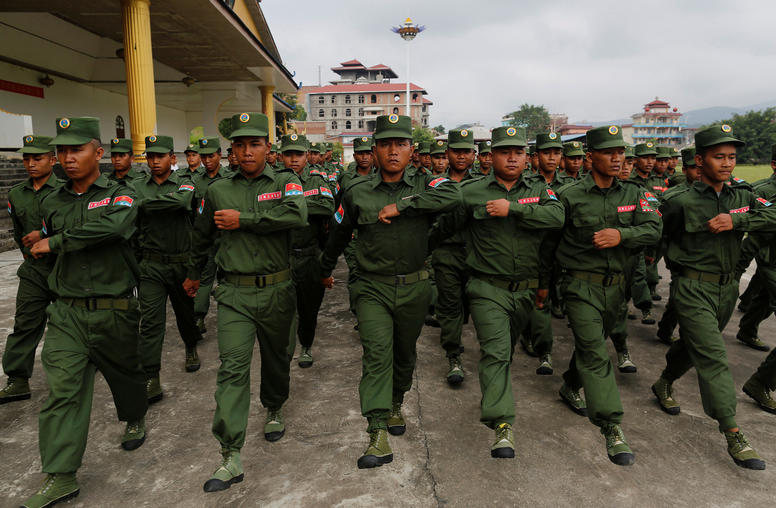
The United Wa State Army and Burma’s Peace Process
The United Wa State Army, a force of some twenty-thousand fighters, is the largest of Burma’s ethnic armed organizations. It is also the best equipped, boasting modern and sophisticated Chinese weaponry, and operates a formidable drug empire in the Golden Triangle region. This report examines the history of the Wa people, the United Wa State Army’s long-standing political and military ties to China, and the Wa’s role in Burma’s fragile peace process.
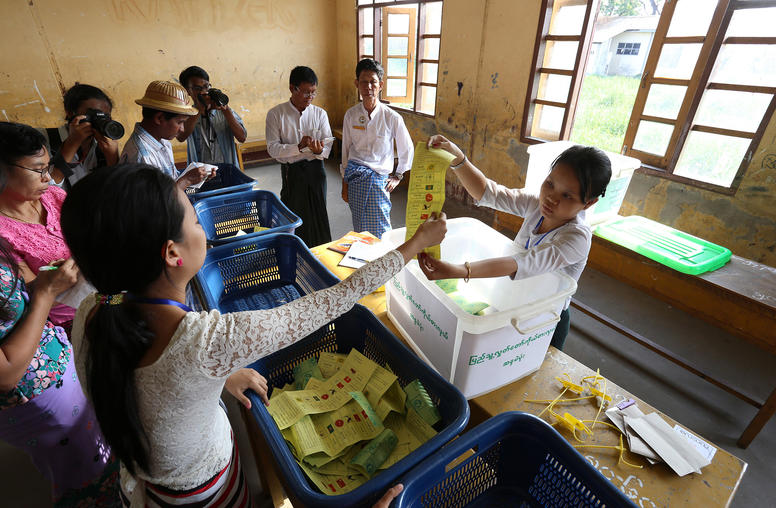
Myanmar’s 2020 Elections and Conflict Dynamics
In late 2020, Myanmar will hold a general election for more than a thousand seats in Union, state, and regional legislative bodies. The next year and a half will also see two high-level, conflict-laden processes capture domestic and international attention—the 21st Century Panglong peace conference and possible attempts to repatriate Rohingya refugees. This report evaluates the environment in which the peace process, Rohingya repatriation, and the election intersect and identifies opportunities for mitigating conflict in the run-up to the election.
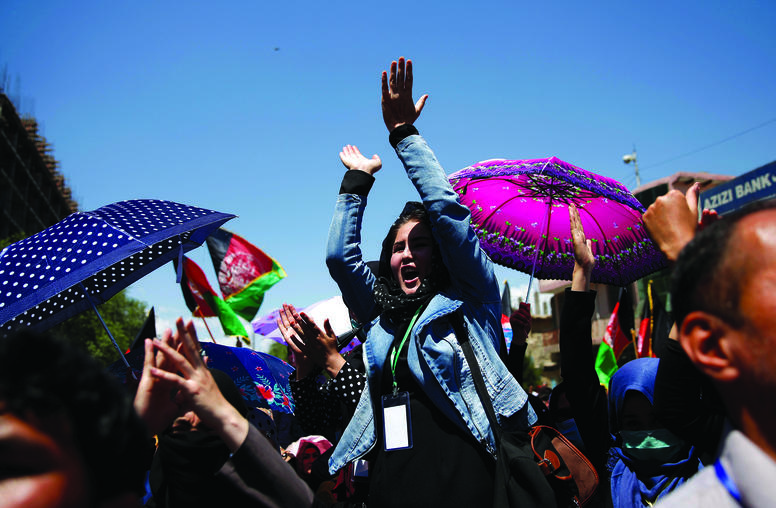
Youth Protest Movements in Afghanistan
The youth-led protest movements that emerged after the 2014 Afghan presidential election added a new dynamic to Afghan politics. Motivated primarily by widespread perceptions of injustice, exclusion and marginalization from governmental policymaking, and rapidly deteriorating...
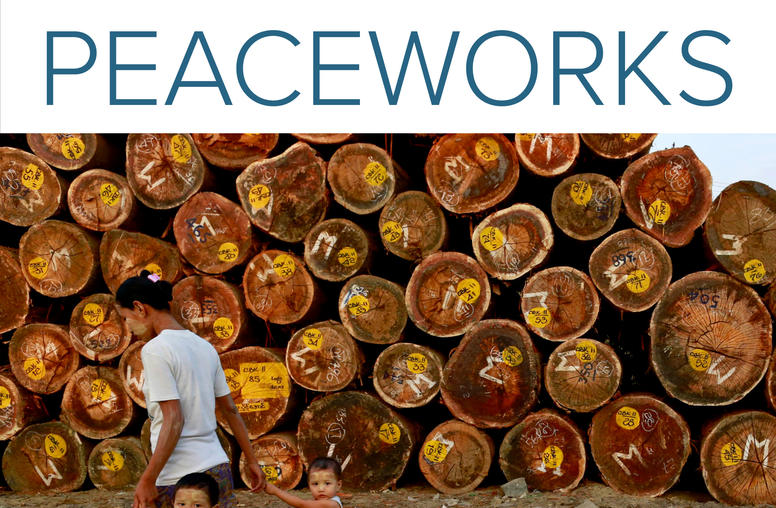
The Conflict Resource Economy and Pathways to Peace in Burma
Burma’s natural resource economy is inextricably tied to the ongoing armed conflict within the country. Questions of who has what ownership rights over what resources and how these resources can be more equitably shared with the wider population loom large. This report focuses on Burma’s resource-rich ethnic states and territories near the borders with China and Thailand and suggests that a more robust, accountable, and equitable system for managing the country’s resource wealth can help lay down the pathways to peace.
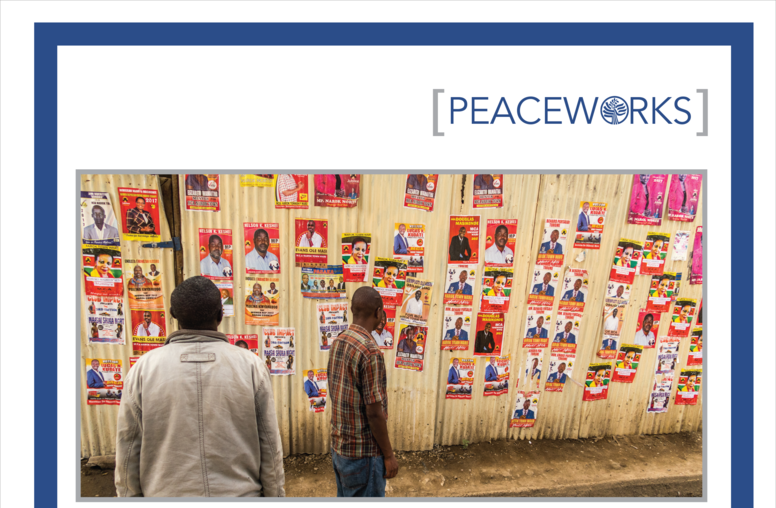
What Works in Preventing Election Violence
Drawing on extensive field research in Kenya and Liberia around the 2017 elections in those countries, this report uses local survey data to evaluate the effectiveness of seven prevention measures thought to reduce the risk of election violence. Its recommendations, directed primarily to the international community but offering...
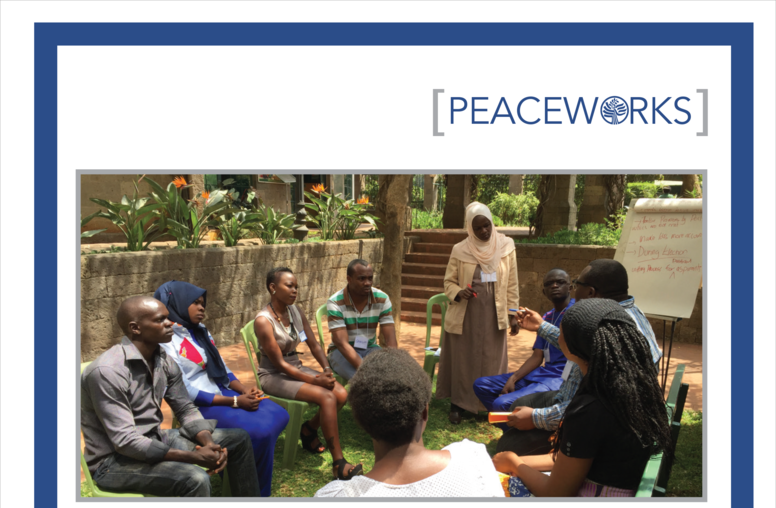
Participatory Action Research for Advancing Youth-Led Peacebuilding in Kenya
One-third of today’s generation of youth—those ages ten to twenty-four—live in fragile or conflicted countries and are susceptible to the sway of ideological narratives of violent extremism. Evidence suggests, however, that they also play active and valuable roles as agents of positive and constructive change.
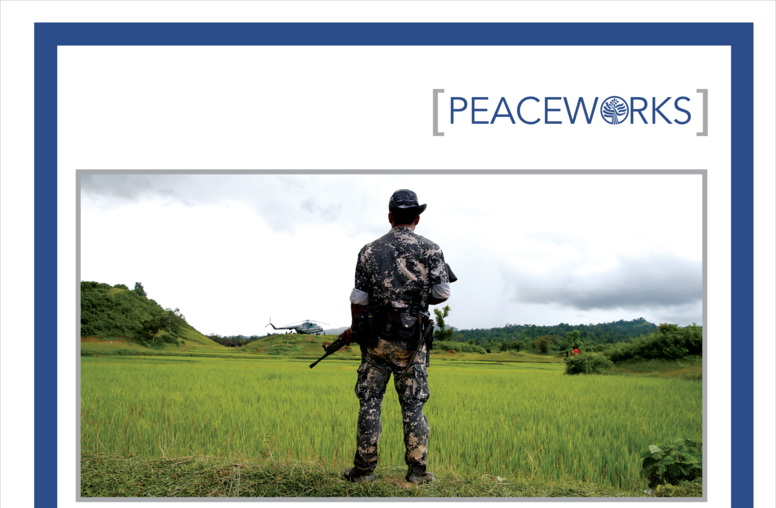
Myanmar’s Armed Forces and the Rohingya Crisis
In 2016 and 2017, in response to small attacks by the Arakan Rohingya Salvation Army, Myanmar’s armed forces launched “area clearance operations” against the Rohingya minority in Rakhine State—a response the U.S. government has called ethnic cleansing. This report explores the structure, training, and ethos of Myanmar’s armed forces...
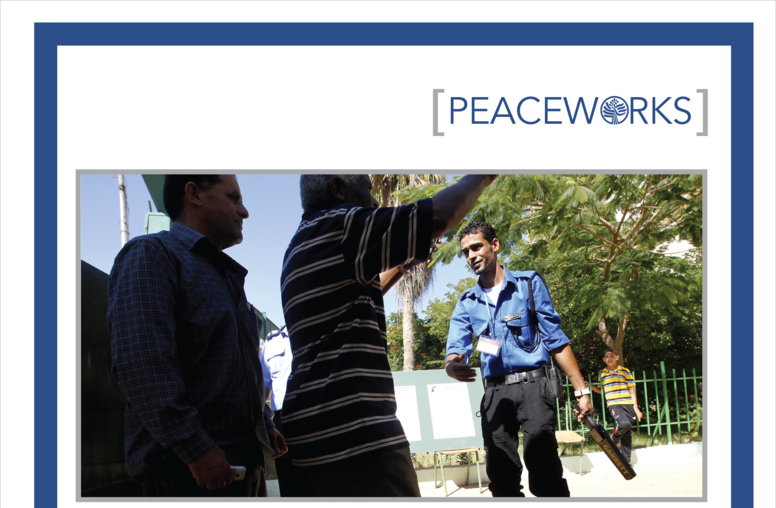
Libya’s Next Elections: A Step Forward or a Step Back?
Since the uprisings in Libya began in February 2011, the country has seen considerable and almost constant upheaval. International players have tried to facilitate a transition to democracy, but success has been fleeting. Now, in the midst of political division and internal conflict, Libyans are attempting to hold presidential...
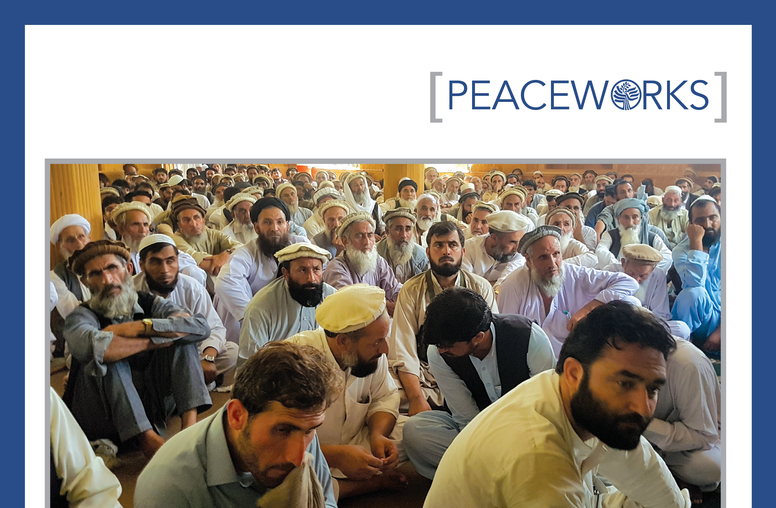
The Political Deal with Hezb-e Islami
The deal signed with Hezb-e Islami in September 2016 was the Afghanistan government’s first major success at negotiating a peace agreement with an insurgent group. This new report examines how the deal was negotiated, what progress has been made on its implementation, and what lessons can be applied to prospective peace talks with the Taliban.